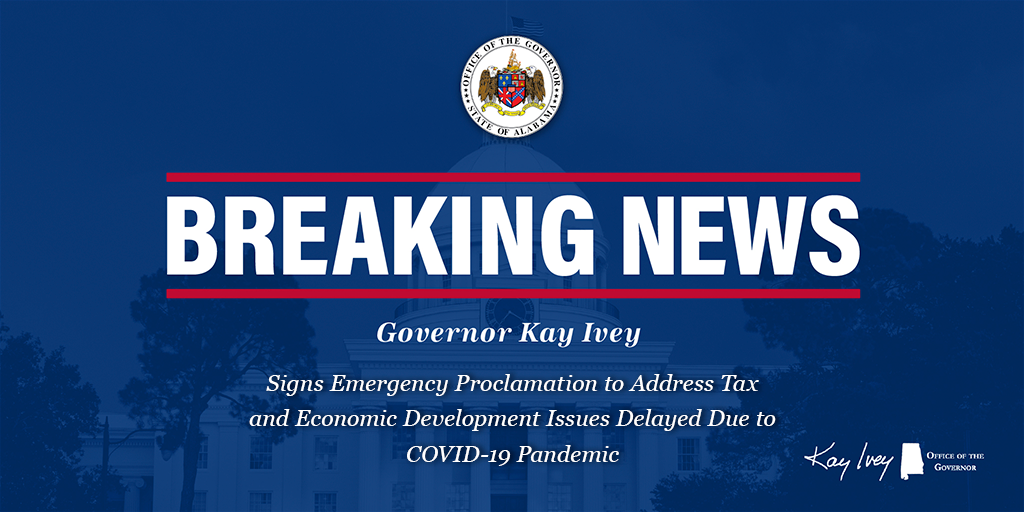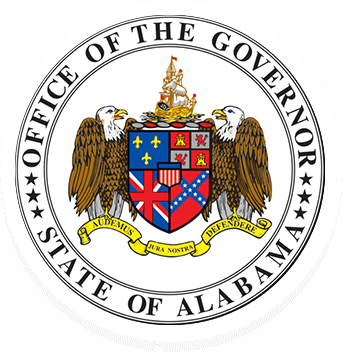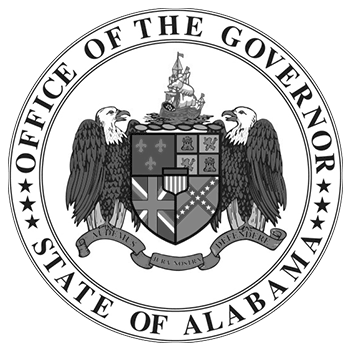Governor Ivey Signs Emergency Proclamation to Address Tax and Economic Development Issues Delayed Due to COVID-19 Pandemic

MONTGOMERY – Governor Kay Ivey on Friday signed a supplemental emergency proclamation to address tax and economic development issues that were delayed in the Alabama Legislature’s 2020 Regular Session due to the COVID-19 pandemic.
This proclamation will allow Alabama citizens and businesses to avoid paying state taxes on certain benefits received under the federal CARES Act. It also would extend the sunset dates for the Alabama Jobs Act and Growing Alabama tax credits.
“In coordination with the Alabama Legislature, we are pleased to address items that were delayed due to COVID-19,” Governor Ivey said. “This action is a short-term solution until these items can be considered by the full legislative body during the 2021 Regular Session. In the meantime, the people of Alabama need clear guidance prior to filing their 2020 taxes. Therefore, the state will not be collecting taxes from individuals or businesses who received benefits from the CARES Act because these benefits were designed to help our citizens survive the pandemic’s strain on the economy. It is both my intent, and the will of the Legislature, to ensure CARES Act payments extend their full value to the people who need it the most.”
This proclamation directs the revenue commissioner to alter the tax-return forms and instructions to ensure that Alabama citizens and business will not have to pay taxes to the state government on the financial benefits they received from Congress through the CARES Act such as tax credits, advance refunds, and loan forgiveness.
Alabama citizens and businesses have received more than $7.2 billion in such benefits under the CARES Act. Around 70,000 Alabama businesses received loans under the CARES Act’s Paycheck Protection Program (PPP) and 2.5 million Alabama citizens received CARES Act stimulus payments.
This proclamation also changes the previously established sunset dates for two tax-credit programs that assist Alabama’s economic-development efforts, the Alabama Jobs Act tax credits and the Growing Alabama tax credit. The Alabama Jobs Act credits are set to expire on December 31, 2020, while the Growing Alabama credit expired on September 30, 2020. Both tax-credit programs will now be extended until the Legislature has an opportunity to enact legislation addressing the programs.
“The Alabama Jobs Act and Growing Alabama tax credits are essential to the success of Alabama’s economy, and we’ve seen a great return on investment across our state,” Governor Ivey said. “The state is currently negotiating potential economic projects that hinge on the availability of these tax-credit programs, and without today’s extension, we risk losing nearly $3 billion in direct capital investment and over 7,000 new direct jobs.”
Established in July 2015, the Alabama Jobs Act credits have played a vital role in securing 171 projects in 44 different counties. Those projects, in turn, have resulted in new capital investment in the state totaling $16.65 billion and the creation of 29,249 new jobs.
Established in July 2016, the Growing Alabama credit has funded 17 projects including four tech accelerators, one STEM marketing program, and twelve site-preparation and public-infrastructure improvement projects. The site-preparation and infrastructure-improvement projects, in turn, have resulted in 2,361 new direct jobs with an annual new payroll of $93 million and 3,609 new indirect jobs with a new annual payroll of $119.2 million.
Twenty-first Supplemental Emergency Proclamation
###
Provided by the Office of the Governor of Alabama | governor.alabama.gov

